The 10 Most Liveable Cities for 2025 (According to Data)

The Economist Intelligence Unit’s Global Liveability Index for 2025 ranks 173 cities based on stability, healthcare, education, infrastructure, and culture/environment. This year, Copenhagen, Denmark tops the list with near-perfect scores in stability, education, and infrastructure—achieving an overall score of 98.0. Europe and Asia-Pacific dominate the top tier. Only one North American city makes the cut: Vancouver in Canada, at number 10. U.S. cities, including Honolulu (ranked 23rd), fall behind due to challenges in safety and infrastructure.
Copenhagen, Denmark
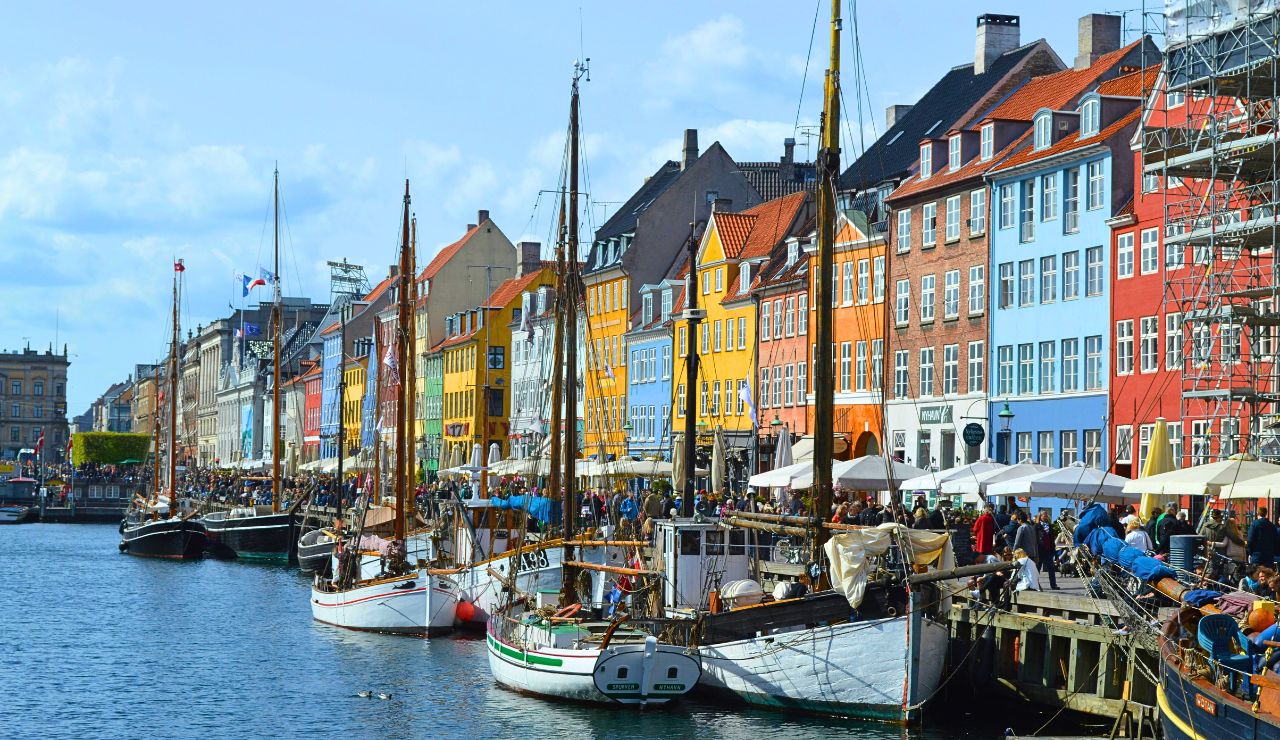
Copenhagen tops the list in 2025 with an outstanding overall score of 98.0. The Danish capital leads in public safety, education, and urban infrastructure, with a focus on green living and sustainable transport. Bicycles outnumber cars, and public services run efficiently. The city also emphasizes social welfare—residents have access to free education, universal healthcare, and clean urban spaces. It’s a shining example of what thoughtful planning and equity-focused governance can achieve.
Vienna, Austria
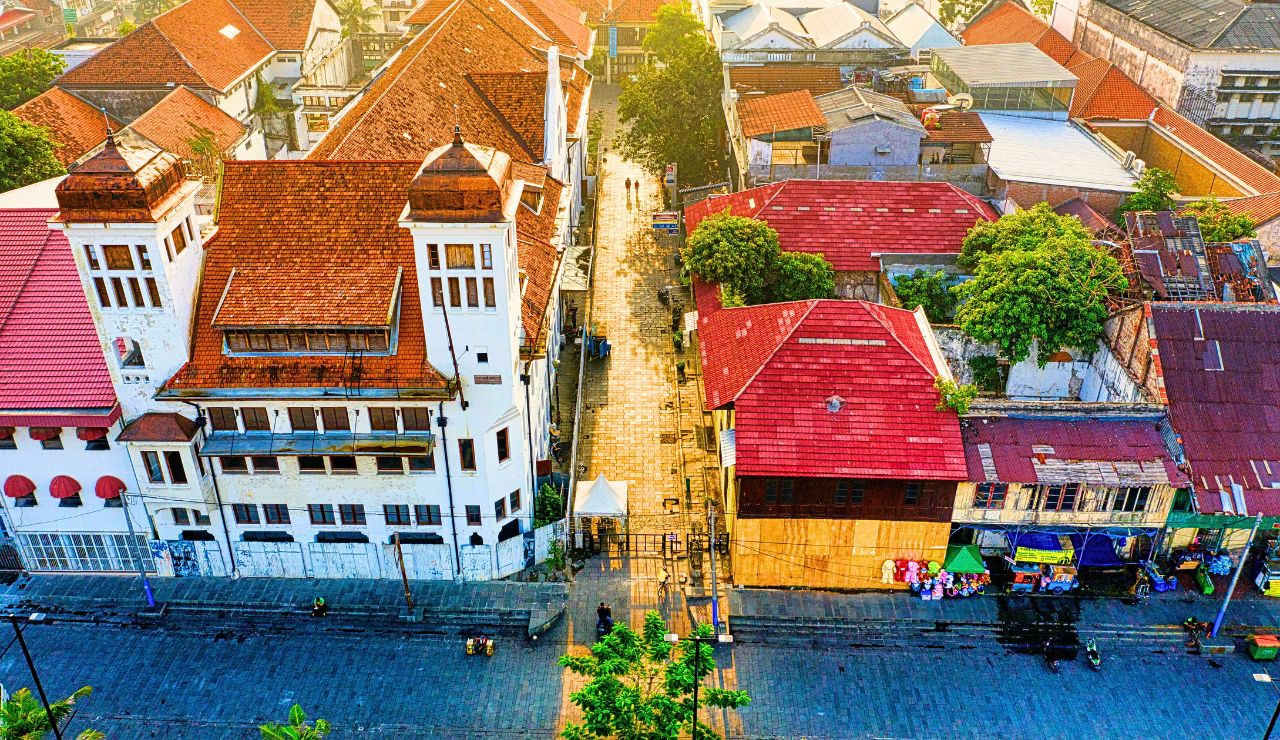
Vienna lands in second place with a score of 97.1, just behind Copenhagen. Once a regular in the top spot, Vienna slipped slightly due to minor dips in its stability rating after isolated incidents. Still, it remains one of Europe’s most elegant cities, known for its classical architecture, cultural depth, and public housing model. The city also offers world-class healthcare and transit systems. Walkable neighborhoods and easy access to green spaces make daily life smooth and comfortable for locals.
Zurich, Switzerland
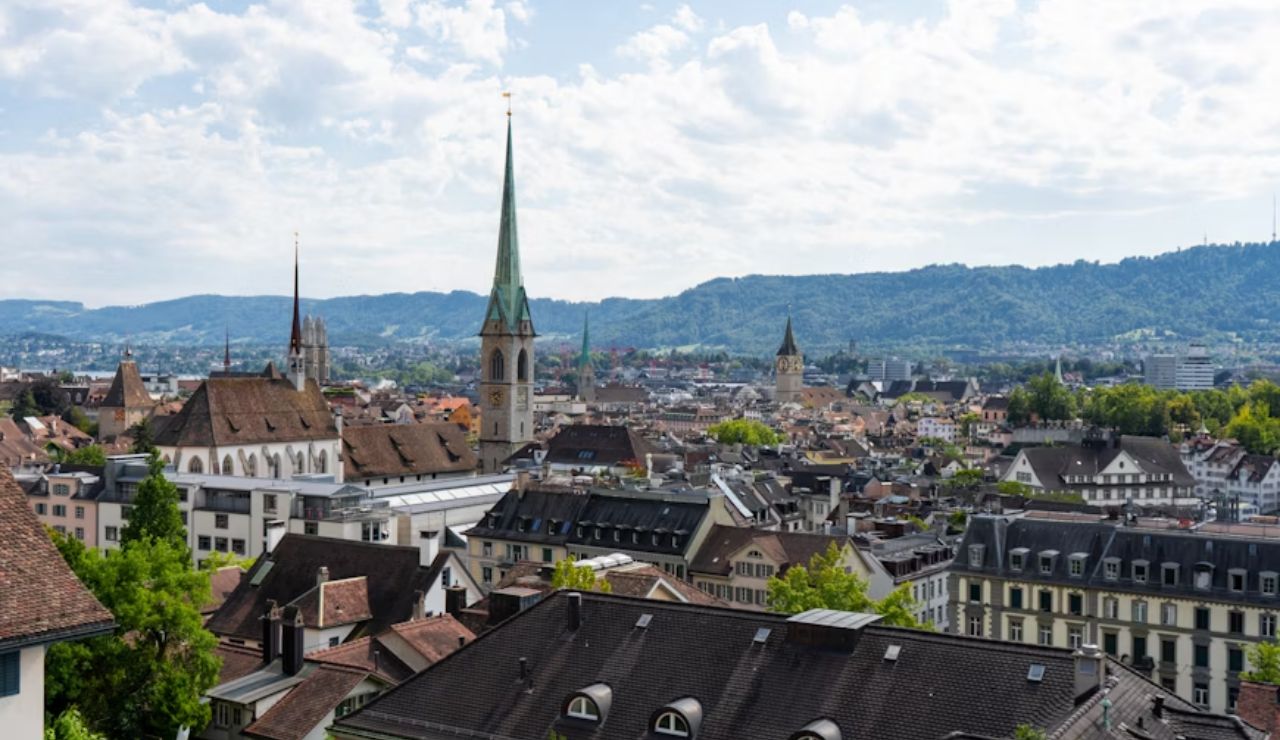
Zurich shares second place with Vienna and continues to impress with its balance of economic strength and liveability. Home to one of the world’s strongest financial sectors, Zurich is also incredibly clean, well-organized, and safe. Residents benefit from excellent public transport, a high-quality healthcare system, and beautiful access to the outdoors, including Lake Zurich and the Alps. It’s a city where nature, order, and prosperity converge, making it a top choice for families and professionals.
Melbourne, Australia

Ranked fourth with a score of 97.0, Melbourne remains a cultural powerhouse in the southern hemisphere. The city is known for its artistic spirit, vibrant food and coffee culture, and diverse communities. Its urban design supports strong public infrastructure and walkability, while healthcare and education remain consistently high-performing. With parks, trams, festivals, and accessible beach towns nearby, Melbourne offers a dynamic blend of creativity and quality living that appeals to all ages.
Geneva, Switzerland
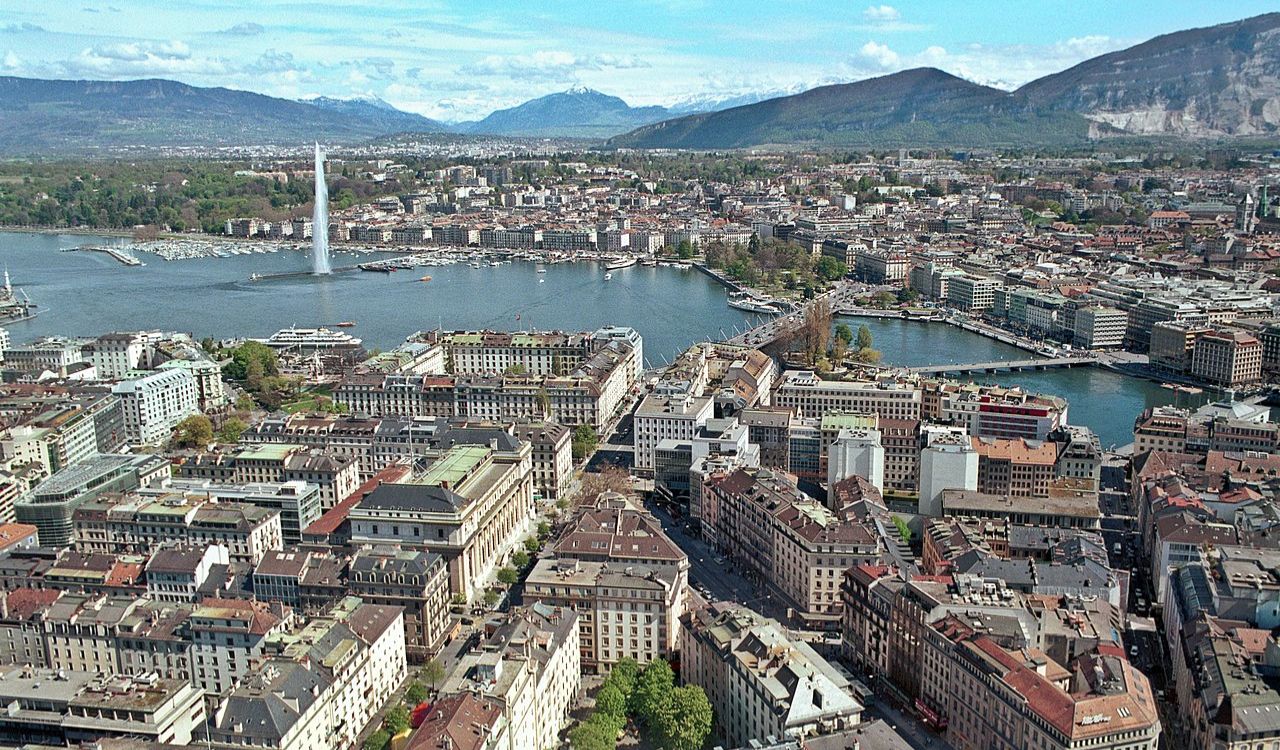
In fifth place with a score of 96.8, Geneva blends international influence with a peaceful, scenic lifestyle. As the home of the United Nations and Red Cross, Geneva offers a strong sense of global responsibility and civic engagement. Residents enjoy top-tier healthcare, multilingual education options, and a compact city center that’s easy to navigate. Surrounded by mountains and situated along Lake Geneva, the city also offers a calming natural environment ideal for families and professionals alike.
Sydney, Australia
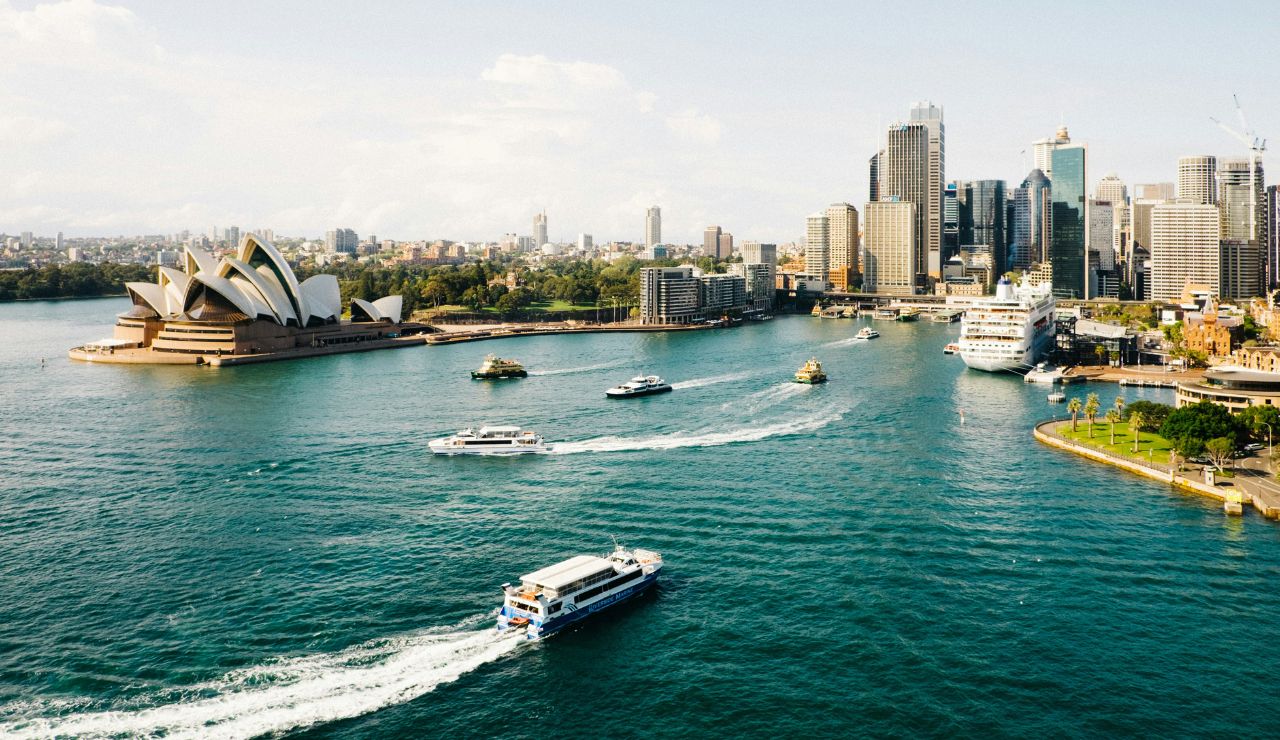
Sydney ranks sixth with a score of 96.6 and offers an unbeatable combination of natural beauty and city sophistication. Its iconic harbor, beaches, and mild weather make it one of the most visually stunning places to live. The city scores high in healthcare, education, and environmental quality. A well-maintained public transit system connects diverse neighborhoods, while strong job markets and excellent universities attract a mix of global talent and local pride.
Osaka, Japan
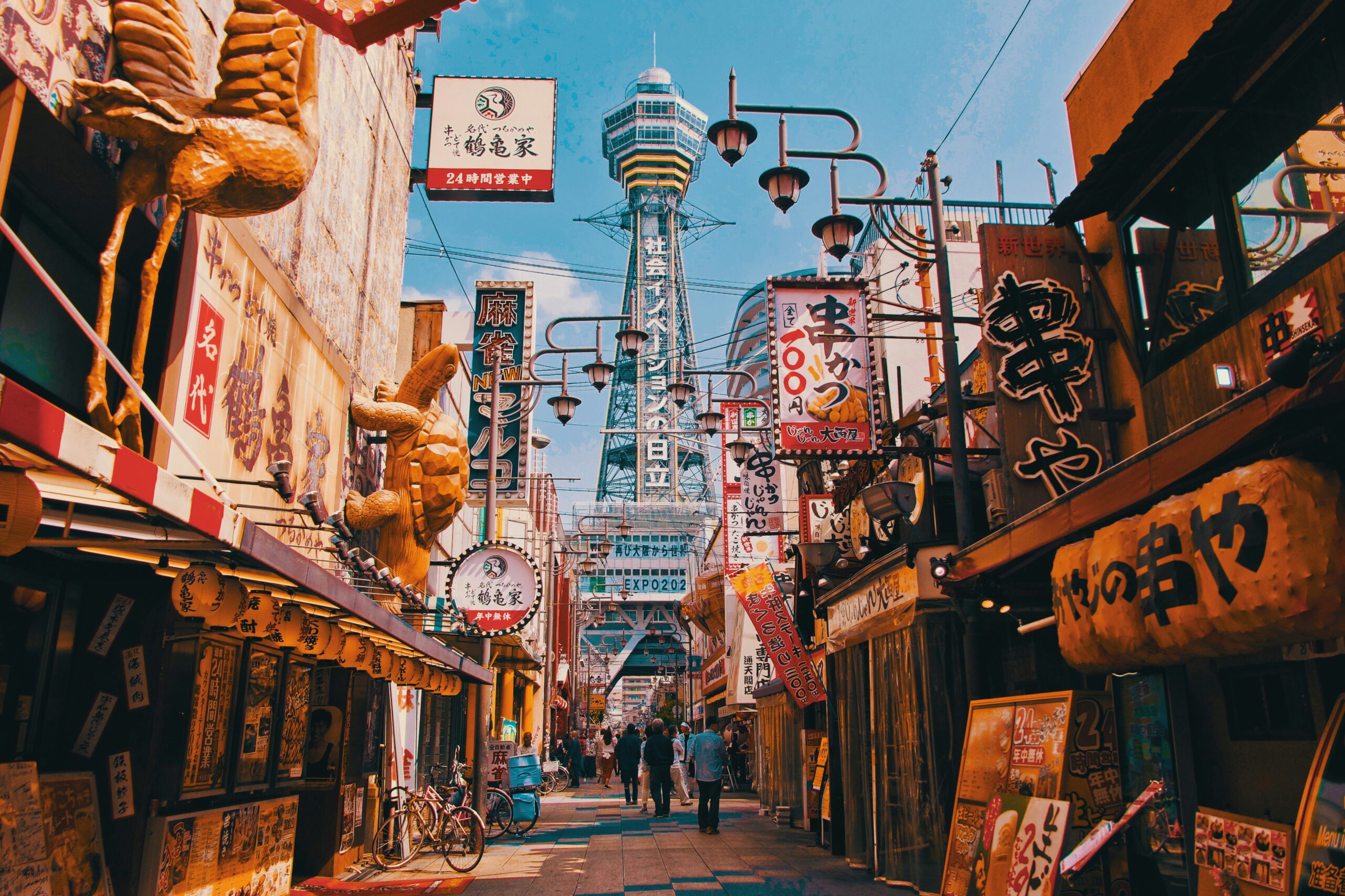
Tied for seventh place, Osaka is one of Japan’s most dynamic and welcoming cities. With a score of 96.0, it offers outstanding urban safety, fast and reliable transit, and healthcare that’s both accessible and efficient. Known for its food culture and friendly residents, Osaka mixes traditional charm with modern innovation. From historic temples to futuristic skyscrapers, the city has a unique rhythm that appeals to those seeking both heritage and progress in daily life.
Auckland, New Zealand
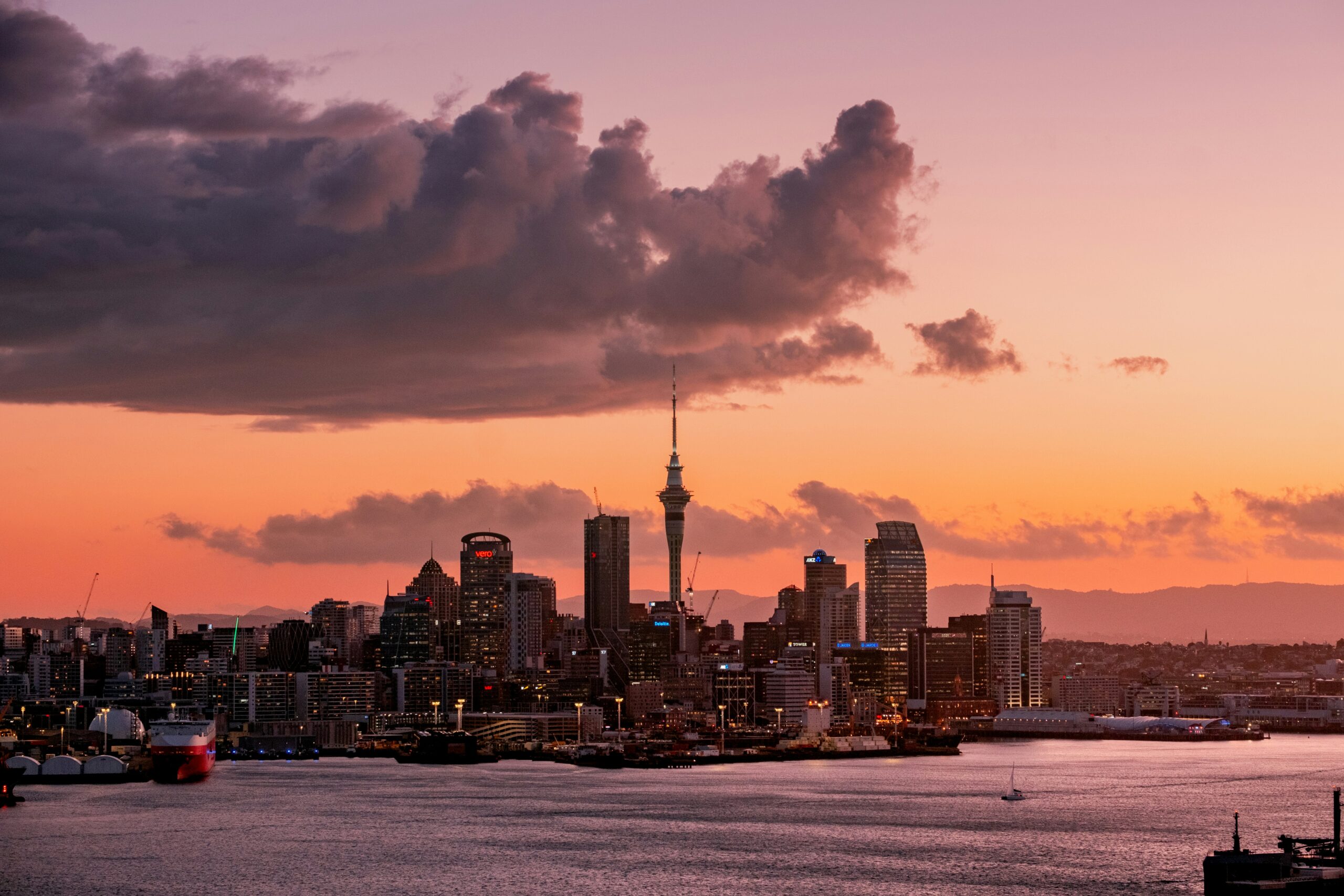
Sharing the seventh spot with Osaka, Auckland continues to offer one of the most relaxed and liveable city experiences in the world. Residents benefit from a strong education system, high safety ratings, and proximity to nature—from beaches and hiking trails to volcanic parks. The city’s multicultural population and focus on sustainability help shape a warm, community-focused atmosphere. Healthcare and public services are well-managed, and the slower pace of life is a big draw.
Adelaide, Australia
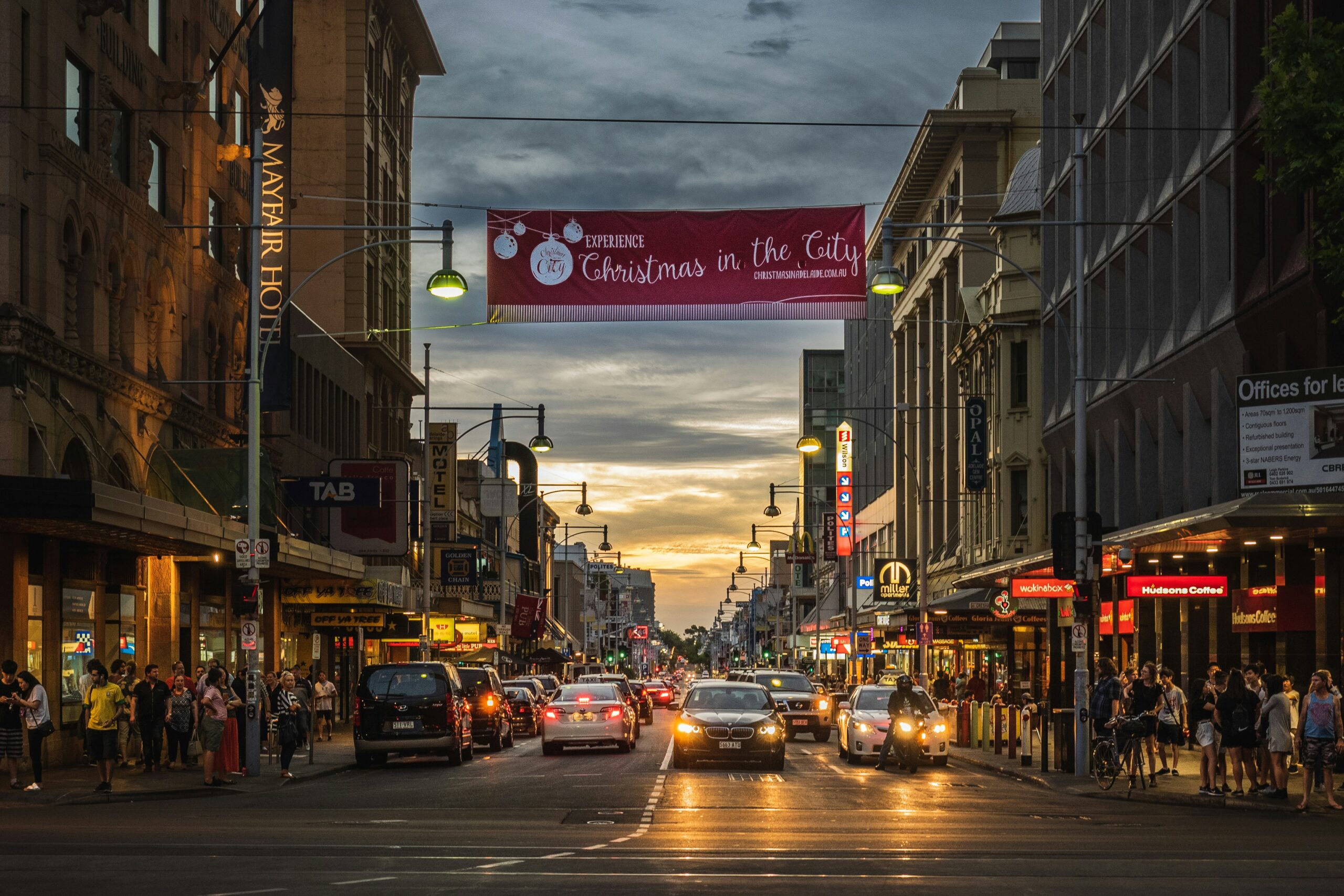
Ranked ninth with a score of 95.9, Adelaide is often called Australia’s best-kept secret. It’s more affordable and less crowded than Sydney or Melbourne but offers many of the same benefits: clean air, high-performing schools, and easy access to beautiful coastlines. Its city layout is logical and spacious, with wide boulevards, green parks, and a growing arts scene. Adelaide’s proximity to wine regions and cultural festivals adds flavor to its peaceful, well-planned everyday life.
Vancouver, Canada
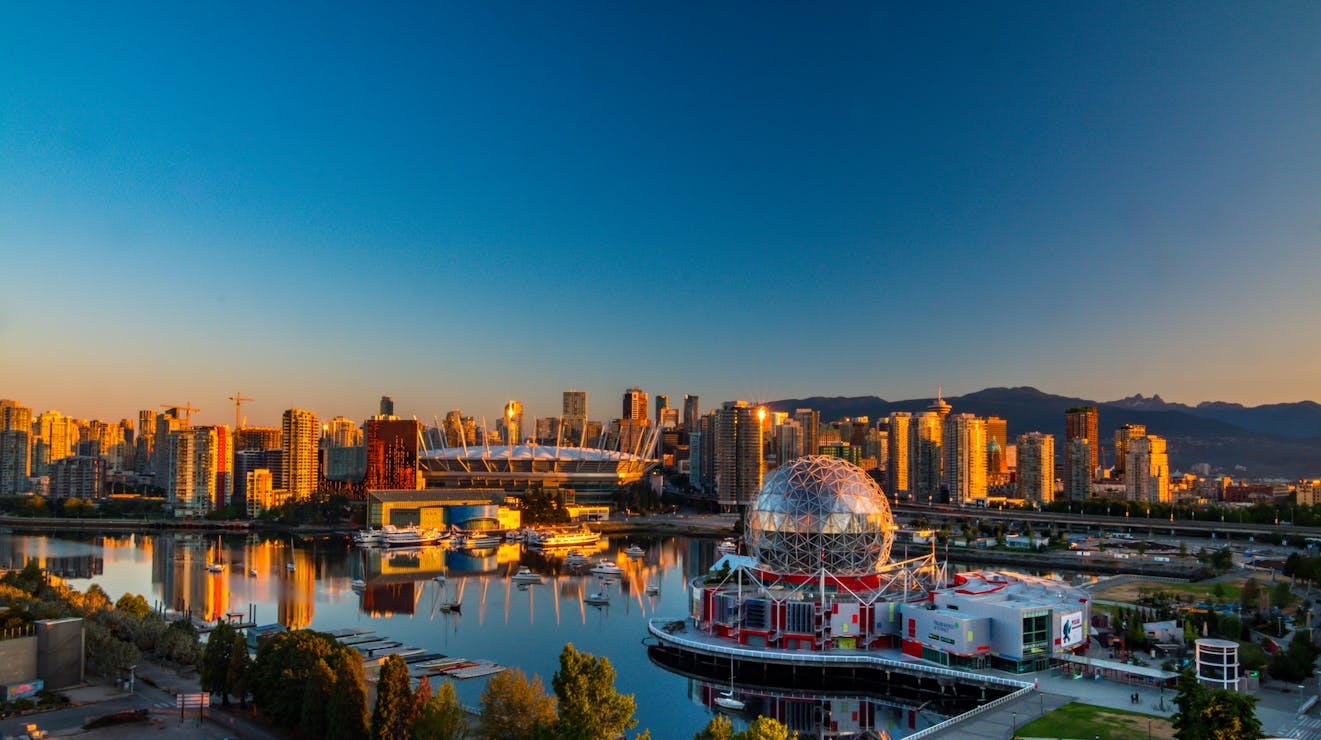
Vancouver closes the list at number ten with a score of 95.8—the only North American city to make the top ten. Its scenic setting between mountains and ocean contributes to high life satisfaction among residents. The city’s environmental policies are forward-thinking, and its healthcare and public education systems rank well globally. While housing affordability is a challenge, strong civic services and a reputation for tolerance, diversity, and safety keep Vancouver highly desirable.